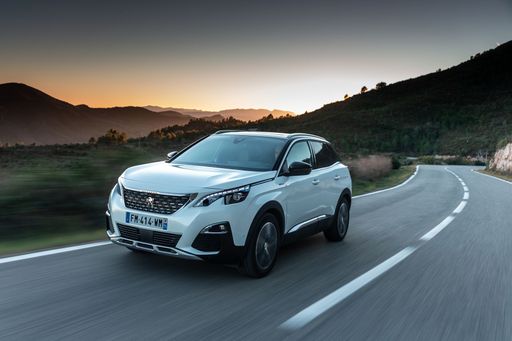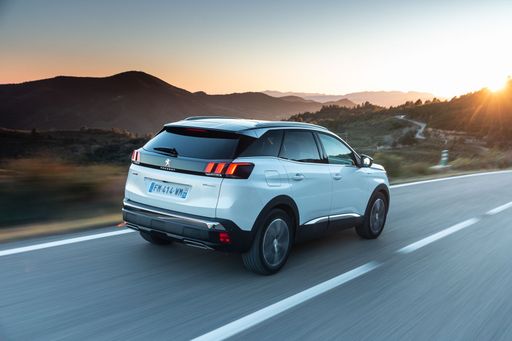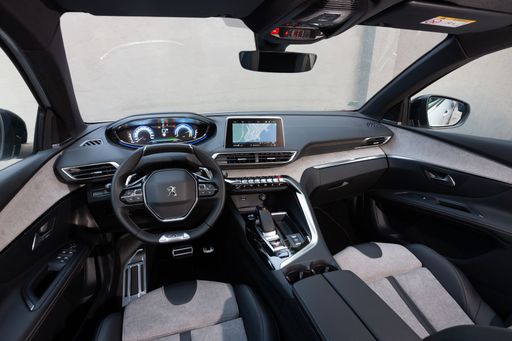The Compact SUV Showdown: Peugeot 3008 vs Toyota Yaris Cross
In the ever-evolving landscape of compact SUVs, the 2024 Peugeot 3008 and Toyota Yaris Cross stand out as two intriguing competitors. Both vehicles bring a unique blend of style, technology, and efficiency to the table, but they cater to slightly different audiences. Let's delve into the specifics to see which one might suit your needs.











